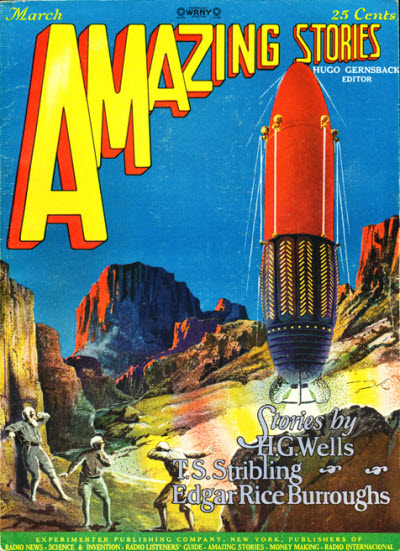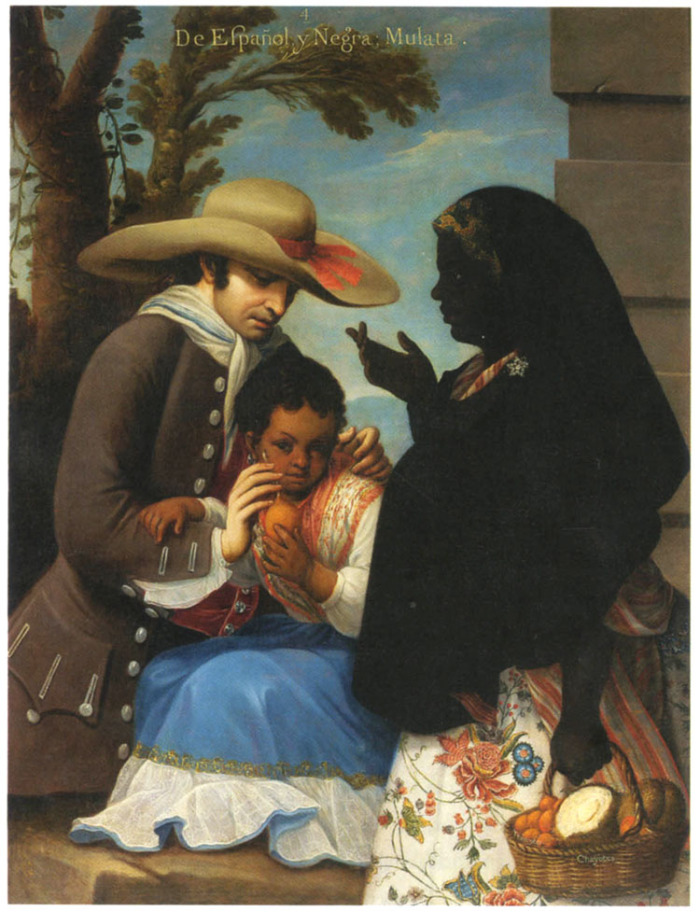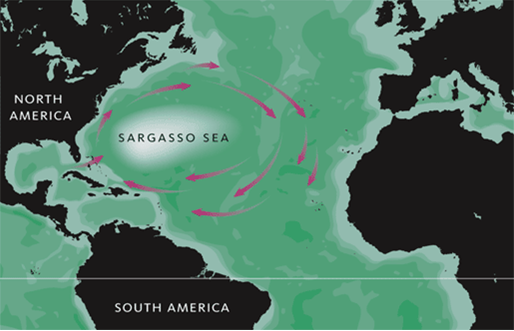|
Thomas S. Stribling
Thomas Sigismund Stribling (March 4, 1881 – July 8, 1965) was an American writer. Although he acquired a law degree and practiced law for a few years, his career was mainly that of an author of fiction. Known first for adventure stories published in fiction magazines, he later published novels of social satire set mainly in the southern USA. His best-known work is the Vaiden trilogy, set in Florence, Alabama. The first volume is ''The Forge'' (1931). He won the Pulitzer Prize for the Novel in 1933 for the second novel of this series, '' The Store''. The last, set during the 1920s, is ''The Unfinished Cathedral'' (1934). Both the second and third novels were chosen as selections by the Literary Guild. His popularity during the 1920s and 1930s also inspired the adaptation of his works for other media. Three of his novels were adapted: ''Birthright'' was adapted twice as a movie, in 1924 (now lost) and 1939 (only part survives). ''Teeftallow'' and ''Fobombo'' were each adapted as pl ... [...More Info...] [...Related Items...] OR: [Wikipedia] [Google] [Baidu] |
Clifton, Tennessee
Clifton is a city in Wayne County, Tennessee, Wayne County, Tennessee, on the state's south central border with Alabama. It developed as a river port along the Tennessee River in the 19th century. Its historic districts listed on the National Register of Historic Places are associated with this period. The population was 2,694 at the 2010 United States Census, 2010 census. Overview The city operates the T. S. Stribling Museum in honor of its most famous resident, T. S. Stribling. Highly popular in the 1920s and 1930s, this author won the Pulitzer Prize for the Novel in 1933 for The Store (novel), The Store, his second work of the Vaiden trilogy. The house is located in the Water Street Historic District (Clifton, Tennessee), Water Street Historic District, associated with the port past, and is listed on the National Register of Historic Places. The state's South Central Correctional Facility is located in Clifton. A privately run medium-security prison, it has capacity for 1700 a ... [...More Info...] [...Related Items...] OR: [Wikipedia] [Google] [Baidu] |
The American Boy (magazine)
''The American Boy'' was a monthly magazine published by The Sprague Publishing Co. of Detroit, Michigan, from November 1899 to August 1941. At the time it was the largest magazine for boys, with a circulation of 300,000, and it featured action stories and advertising for the young boy. In 1911 a copy cost $0.10, and a year's subscription was $1.00. Format was 16" high by 12" wide. Founded by William C. Sprague of the Detroit-based Sprague Publishing Company in 1900, Griffith Ogden Ellis took over as president and editor in 1908. J. Cotner Jr. was secretary and treasurer; H. D. Montgomerie was managing editor and Clarence Budington Kelland was assistant editor. In 1929, Ellis merged the magazine with its rival, ''The Youth's Companion'', and in 1939 he sold his interest to his business manager, Elmer Presley Grierson. Franklin M. Reck was managing editor from 1936 to 1941. George F. Pierrot (1898–1980), former managing editor and well-known traveler, became half-owner and co ... [...More Info...] [...Related Items...] OR: [Wikipedia] [Google] [Baidu] |
Mulatto
( , ) is a Race (human categorization), racial classification that refers to people of mixed Sub-Saharan African, African and Ethnic groups in Europe, European ancestry only. When speaking or writing about a singular woman in English, the word is (). The use of this term began in the United States shortly after the Atlantic slave trade began and its use was widespread, derogatory and disrespectful. After the post Civil Rights Era, the term is now considered to be both outdated and offensive in the United States. In other Anglophone countries (the English-speaking world) such as English and Dutch-speaking West Indian countries, the word mulatto is still used. Countries with the highest percentages of persons who have equally high European and African ancestry — ''Mulatto'' — are the Dominican Republic (74%) and Cape Verde (71%). Mulattos in many Latin American countries, aside from predominately European and African ancestry, usually also have slight indigenous ad ... [...More Info...] [...Related Items...] OR: [Wikipedia] [Google] [Baidu] |
Sargasso Sea
The Sargasso Sea () is a region of the Atlantic Ocean bounded by four currents forming an ocean gyre. Unlike all other regions called seas, it is the only one without land boundaries. It is distinguished from other parts of the Atlantic Ocean by its characteristic brown '' Sargassum'' seaweed and often calm blue water. The sea is bounded on the west by the Gulf Stream, on the north by the North Atlantic Current, on the east by the Canary Current, and on the south by the North Atlantic Equatorial Current, the four together forming a clockwise-circulating system of ocean currents termed the North Atlantic Gyre. It lies between 20° and 35° north and 40° and 70° west and is approximately wide by long. Bermuda is near the western fringes of the sea. While all of the above currents deposit marine plants and refuse into the sea, ocean water in the Sargasso Sea is distinctive for its deep blue color and exceptional clarity, with underwater visibility of up to . It is als ... [...More Info...] [...Related Items...] OR: [Wikipedia] [Google] [Baidu] |
Sam Moskowitz
Sam Moskowitz (June 30, 1920 – April 15, 1997) was an American writer, critic, and historian of science fiction. Biography As a child, Moskowitz greatly enjoyed reading science fiction pulp magazines. As a teenager, he organized a branch of the Science Fiction League. While still in his teens, Moskowitz became chairman of the first World Science Fiction Convention held in New York City in 1939. He barred several members of the rival Futurians club from the convention because they threatened to disrupt it. This event is referred to by historians of fandom as the "Great Exclusion Act". In the mid-1940s, Moskowitz founded the Eastern Science Fiction Association (ESFA), a science-fiction fandom organization based in Newark, New Jersey which held conventions. By the early 1950s, he began working professionally in the science fiction field. He edited '' Science-Fiction Plus'', a short-lived genre magazine owned by Hugo Gernsback, in 1953. He compiled about two dozen anthologi ... [...More Info...] [...Related Items...] OR: [Wikipedia] [Google] [Baidu] |
Apes
Apes (collectively Hominoidea ) are a superfamily of Old World simians native to sub-Saharan Africa and Southeast Asia (though they were more widespread in Africa, most of Asia, and Europe in prehistory, and counting humans are found globally). Apes are more closely related to Old World monkeys (family Cercopithecidae) than to the New World monkeys (Platyrrhini) with both Old World monkeys and apes placed in the clade Catarrhini. Apes do not have tails due to a mutation of the TBXT gene. In traditional and non-scientific use, the term ''ape'' can include tailless primates taxonomically considered Cercopithecidae (such as the Barbary ape and black ape), and is thus not equivalent to the scientific taxon Hominoidea. There are two extant branches of the superfamily Hominoidea: the gibbons, or lesser apes; and the hominids, or great apes. * The family Hylobatidae, the lesser apes, include four genera and a total of 20 species of gibbon, including the lar gibbon and ... [...More Info...] [...Related Items...] OR: [Wikipedia] [Google] [Baidu] |
Extraterrestrial Life
Extraterrestrial life, or alien life (colloquially, aliens), is life that originates from another world rather than on Earth. No extraterrestrial life has yet been scientifically conclusively detected. Such life might range from simple forms such as prokaryotes to Extraterrestrial intelligence, intelligent beings, possibly bringing forth civilizations that might be Kardashev scale, far more, or far less, advanced than humans. The Drake equation speculates about the existence of sapient life elsewhere in the universe. The science of extraterrestrial life is known as astrobiology. Speculation about the possibility of inhabited worlds beyond Earth dates back to antiquity. Early Christianity, Christian writers discussed the idea of a "plurality of worlds" as proposed by earlier thinkers such as Democritus; Augustine of Hippo, Augustine references Epicurus's idea of innumerable worlds "throughout the boundless immensity of space" in ''The City of God''. Pre-modern writers typicall ... [...More Info...] [...Related Items...] OR: [Wikipedia] [Google] [Baidu] |
Satirical
Satire is a genre of the visual arts, visual, literature, literary, and performing arts, usually in the form of fiction and less frequently Nonfiction, non-fiction, in which vices, follies, abuses, and shortcomings are held up to ridicule, often with the intent of exposing or shaming the perceived flaws of individuals, corporations, government, or society itself into improvement. Although satire is usually meant to be humorous, its greater purpose is often constructive social criticism, using wit to draw attention to both particular and wider issues in society. Satire may also poke fun at popular themes in art and film. A prominent feature of satire is strong irony or sarcasm—"in satire, irony is wikt:militant, militant", according to Literary criticism, literary critic Northrop Frye— but parody, burlesque (literary), burlesque, exaggeration, juxtaposition, comparison, analogy, and double entendre are all frequently used in satirical speech and writing. This "militant" ... [...More Info...] [...Related Items...] OR: [Wikipedia] [Google] [Baidu] |
Science Fiction
Science fiction (often shortened to sci-fi or abbreviated SF) is a genre of speculative fiction that deals with imaginative and futuristic concepts. These concepts may include information technology and robotics, biological manipulations, space exploration, time travel, Parallel universes in fiction, parallel universes, and extraterrestrials in fiction, extraterrestrial life. The genre often explores human responses to the consequences of projected or imagined scientific advances. Science fiction is related to fantasy (together abbreviated wikt:SF&F, SF&F), Horror fiction, horror, and superhero fiction, and it contains many #Subgenres, subgenres. The genre's precise Definitions of science fiction, definition has long been disputed among authors, critics, scholars, and readers. Major subgenres include hard science fiction, ''hard'' science fiction, which emphasizes scientific accuracy, and soft science fiction, ''soft'' science fiction, which focuses on social sciences. Other no ... [...More Info...] [...Related Items...] OR: [Wikipedia] [Google] [Baidu] |
William L
William is a masculine given name of Germanic origin. It became popular in England after the Norman conquest in 1066,All Things William"Meaning & Origin of the Name"/ref> and remained so throughout the Middle Ages and into the modern era. It is sometimes abbreviated "Wm." Shortened familiar versions in English include Will or Wil, Wills, Willy, Willie, Bill, Billie, and Billy. A common Irish form is Liam. Scottish diminutives include Wull, Willie or Wullie (as in Oor Wullie). Female forms include Willa, Willemina, Wilma and Wilhelmina. Etymology William is related to the German given name ''Wilhelm''. Both ultimately descend from Proto-Germanic ''*Wiljahelmaz'', with a direct cognate also in the Old Norse name ''Vilhjalmr'' and a West Germanic borrowing into Medieval Latin ''Willelmus''. The Proto-Germanic name is a compound of *''wiljô'' "will, wish, desire" and *''helmaz'' "helm, helmet".Hanks, Hardcastle and Hodges, ''Oxford Dictionary of First Names'', Oxfor ... [...More Info...] [...Related Items...] OR: [Wikipedia] [Google] [Baidu] |
Detective Stories
A detective is an investigator, usually a member of a law enforcement agency. They often collect information to solve crimes by talking to witnesses and informants, collecting physical evidence, or searching records in databases. This leads them to arrest criminals and enable them to be convicted in court. A detective may work for the police or privately. Overview Informally, and primarily in fiction, a detective is a licensed or unlicensed person who solves crimes, including historical crimes, by examining and evaluating clues and personal records in order to uncover the identity and/or whereabouts of criminals. In some police departments, a detective position is obtained by passing a written test after a person completes the requirements for being a police officer. In many other police systems, detectives are college graduates who join directly from civilian life without first serving as uniformed officers. Some argue that detectives do a completely different job and there ... [...More Info...] [...Related Items...] OR: [Wikipedia] [Google] [Baidu] |
Everybody's Magazine
''Everybody's Magazine'' was an American magazine published from 1899 to 1929. The magazine was headquartered in New York City. History and profile The magazine was founded by Philadelphia merchant John Wanamaker in 1899, though he had little role in its actual operations. Mott, Frank LutherSketches of 21 Magazines: 1905-1930 p. 72-87 (1968) Initially, the magazine published a combination of non-fiction articles and new fiction stories. By 1926, the magazine had become a pulp fiction magazine and in 1929 it merged with '' Romance magazine''. In 1903, it had a circulation of 150,000, and Wanamaker sold the magazine for $75,000 to a group headed by Erman Jesse Ridgway. A series of muckraking articles called "Frenzied Finance" in 1904 boosted circulation to well over 500,000, and it stayed above the half million mark for many years. From 1912 to 1914, Trumbull White served as editor and published views on the progression to World War 1 by H. G. Wells, George Bernard Shaw, and ... [...More Info...] [...Related Items...] OR: [Wikipedia] [Google] [Baidu] |






